The Urban Collective was formed by a group that regularly met downtown to discuss local politics. Seven of them — Jabaar Edmond, LaShante Keys, Trevor Mallory, Jason Bryant, Dan Soronen, Tamisha Darling-Roberson and Ella K. Coffee — decided to take on the enormous challenge of managing the Manhattan.
Editor’s note: This is an official statement from the Urban Collective
ST. PETERSBURG – In August of last year, the Urban Collective assumed the ownership stake of Callaloo and the management of the historic Manhattan Casino and 22 South Food Hall months after the unfortunate death of NFL Hall of Famer and investor Vincent Jackson.
The Urban Collective knew the community didn’t want to hear another excuse as to why the Manhattan Casino was closing again. We took a chance and found a solution to the decade-old problem that is the rent-burden lease agreement that has cursed every entrepreneur doing business at the Manhattan.
The Urban Collective was formed by a group that regularly met downtown to discuss local politics. Seven of them — Jabaar Edmond, LaShante Keys, Trevor Mallory, Jason Bryant, Dan Soronen, Tamisha Darling-Roberson and Ella K. Coffee — decided to take on the enormous challenge of managing the Manhattan.
During and after the pandemic abated, many restaurants in the Tampa Bay area — located in prime locations — were closing their doors, none of which were called “failures” publicly by elected officials.
With no fundraising, city, state, or federal loans or grants, and no Community Redevelopment Area (CRA) monies, the Collective took on a distressed business surrounded by vacant lots and road construction and tried to make a go of this once crowning jewel of the 22nd Street South district called “The Deuces.”
In 1931, a former slave-turned-entrepreneur named Elder Jordan opened the Jordan Dance Hall, later called the Manhattan Casino. It was a famous stop on the “Chitlin’ Circuit” during Jim Crow St. Petersburg. The likes of Duke Ellington, Louis Armstrong, Ella Fitzgerald, and James Brown all performed there.
After I-275 cut through the middle of the Black neighborhoods, leaving blight in its wake, the Manhattan Casino closed its doors in 1968 until 2011. For the last decade, the property has seen failing business after failing business.
The succession of failures has caused many people to believe it’s cursed, but paperwork, deal structures and deferred maintenance are more plausible reasons.
The Manhattan Casino curse:
- Lease/operation agreements
- Predominantly low-income neighborhood
- Zero city or state subsidies
- Zero city support
- Delayed capital improvements for decades
The curse comes in the form of an economic desert and bulldozed homes, none of which have ever been mentioned in any discussions about the Manhattan. No one has been able to bring success to the property, no matter how much money, brilliant minds or connections.
‘When elephants fight, it is the grass that suffers’
- Employees and vendors will lose their jobs during the holiday season since, according to the mayor, “there is no path forward”
- Urban Collective will be called and looked upon as failures, and their business practices will be called into question while the city escapes responsibility/accountability, and the Manhattan Casino will once again lay dormant
- To prevent this from happening, Urban Collective suggested a “management agreement” instead of a traditional lease agreement, modeled after other successful agreements, such as the Mahaffey Theater, to no avail
- The Manhattan Casino is not the ideal scenario for entrepreneurs, but Urban Collective hoped they could renegotiate the deal and build on the legacy with the support of the City of St. Petersburg
When the Urban Collective took over from the Callaloo Group, we immediately began to come under attack for not “checking in” or calling the “gatekeepers” of the community and getting their guidance or blessings before entering the deal.
This was a shock. You’d think people would have been thankful to see a group of young Black entrepreneurs from the community come together to take on such a monumental task. Our initial business plan counted on support from some of the exact key figures for the business’s success.
The Collective put the people of the community and the Manhattan Casino employees first over the politics of the situation and moved forward.
We continued to focus on creating a positive and thriving business and decided not to go public with the issues, many of them with the city. The community never knew of the hardships and distress behind the scenes.
We raised concerns with city staff that the lease agreement was not feasible with the challenges that the business faced because of its location and lack of foot traffic.
The soft and grand openings were successful and drew large crowds. When the business began to come into its own, the Collective hosted some of the most successful days the Casino had since the 1930s.
The Urban Collective entered into conversations about renegotiating the lease agreement to mirror the setups of the Mahaffey Theater, Sunken Gardens and other city facilities with management contracts.
On March 24, the Urban Collective spoke in front of City Hall and to the city council, bringing transparency to the financial outlook, maintenance and repairs of the building. We asked the council for relief on the lease.
Some city staff agreed that the Manhattan Casino would serve the community better by being open and allowing the Urban Collective to enter into a new agreement that better fit the economic outlook of the 22nd Street South location. Business maintenance, payment history and city-owned management contracts are all a matter of public record.
Elected officials and leaders have publicly said they want the Urban Collective out. Some council members used their time at City Hall to bash instead of coming up with solutions, saying it was “ill-advised” or “we shouldn’t have paid back rent,” while simultaneously saying we are behind on the rent or we should have done our research, etc.
The Manhattan Casino is one of — if not the most — distressed city-owned property, and it is not subsidized, even though it is in one of the highest poverty neighborhoods in Pinellas County.
There are no homes or businesses in front of or around the building; there is a vacant 14-acre lot across the street and the road directly in front of the Manhattan is closed with poorly placed detour signs surrounding it.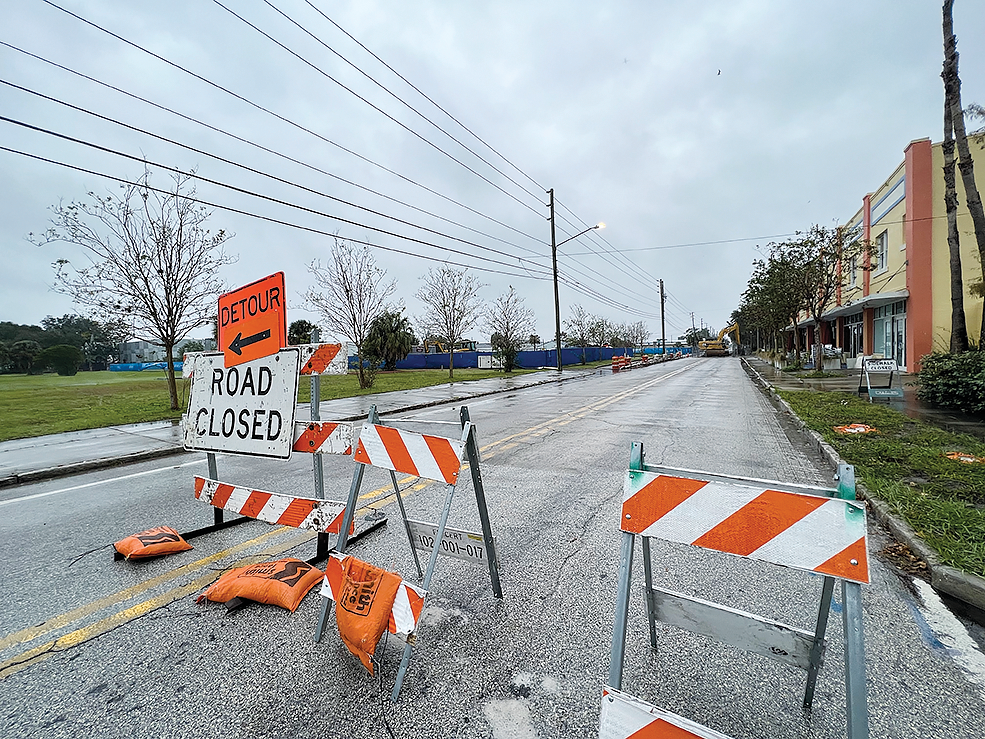
The area has been a part of a failed redevelopment effort for decades. To call investors failures is a bold indication of the city’s intentions to shift blame and shame stakeholders. This has happened far too many times at this location.
The business failures demonstrate the city’s pattern of benign neglect of the Manhattan Casino and the surrounding community.
The $17 million remaining in CRA funds from the previous year demonstrates how pervasive systematic racism is and how having funds to help combat it does not guarantee that it will be used for that purpose.
The Urban Collective put their money, sweat equity, time, talent and treasures into saving this historic facility and keeping the doors open. We believed that saving a community asset was worth the risk of putting political and social capital on the line, only to be publicly bashed and reputations tarnished for ulterior motives and secretive plans.
City officials, staff and elected officials knew the contract was implausible for the location and realities of the community’s economic situation. The Urban Collective took the risk regardless of the pandemic, disrepair and the bleak economic outlook of the neighborhood.
The City of St. Petersburg hosted a community conversation on the future of the Manhattan Casino while never mentioning it to the current leaseholders or acknowledging their role in the business failures. The results from the meeting have still not been made public.
In the meeting, the city’s request for a cultural hub is a snub since the Urban Collective already has one in place, making it a social destination. The city staff’s unwillingness to support the business didn’t allow elected officials to see the transformation or the cultural influence of honoring the past while moving forward.
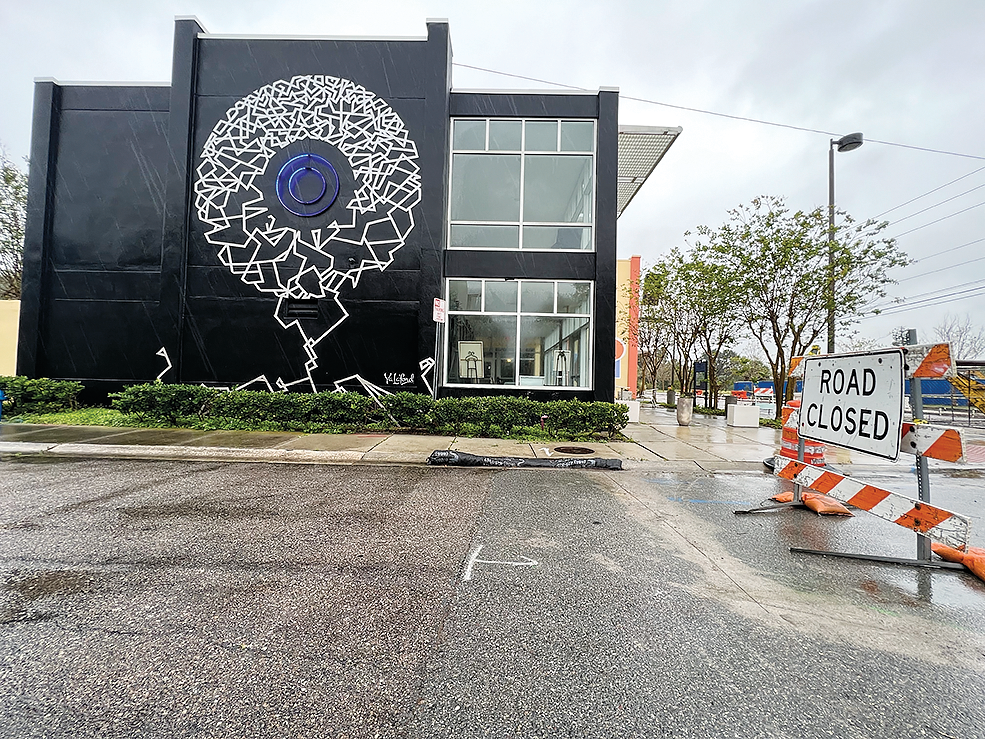
There are no homes or businesses in front of or around the building; there is a vacant 14-acre lot across the street and the road directly in front of the Manhattan is closed with poorly placed detour signs surrounding it.
We voiced our concerns and comments to city staff in attendance at the meeting held at the Center for Equity on Nov. 1. We were assured that this would not be the only meeting. The following week, the Urban Collective decided to organize a proper community conversation held at the Manhattan Casino.
The Urban Collective respects the mayor’s prerogative to make decisions concerning city facilities, and we also appreciate the city council’s decision to go through the RFP process. However, we don’t respect the underhanded, conniving, misinformation/deceptive practices that have transpired.
We do not respect the sabotage, the selective nonpublic process conducted by elected officials, city staff and community leaders regarding the Manhattan Casino and the surrounding community.
Our goal is not to invalidate anyone’s feelings of opposition or support for the Urban Collective, the Manhattan Casino, 22 South Food Hall or anything about this situation. We have intentionally decided to conduct business in a manner representative of the community we wish to serve.
We focused on opening opportunities to community members through the facility’s use and seeing tears of joy from emotional residents who felt the building wouldn’t be available to them.
We intend to call out the policies and practices that have allowed this behavior to thrive in our community for decades unchecked and unaddressed:
- A clear demonstration of the tactics that are crippling our community
- Irrefutable evidence of the lack of investment in the Black community
- Non-existing support for Black entrepreneurs and businesses in the city
- The CRA and other funding opportunities are not accessible to low-income businesses that it was created for
- Years of neglect of businesses and the surrounding community
- Lack of public investment
- Economically oppressive city posture
- Speaks to more extensive problems of access to capital resources and support for underserved communities in St. Petersburg
We do not feel any animosity, jealousy, or revenge for anyone who may have crossed or belittled us for this business transaction. We intend to serve our community until the end of the lease on Nov. 30.
As we come to the end of the lease agreement, we are not bitter or angry but determined to contribute to our city. This has strengthened our resolve and renewed our commitment to serving the community.
Many thanks to our employees and staff, that we now call family. Thank you for your service to your community; your work hasn’t gone unnoticed.
Without the commitment from our hard-working staff of college students, returned citizens, CRA residents and underserved or marginalized citizens (all of which in our lease should qualify us for rebates and rent forgiveness), we could not have made it this far.
We want to be matter-of-fact about the situation because the covert misinformation campaign against the Manhattan Casino is merely a continuation of standard practices. Business as usual!


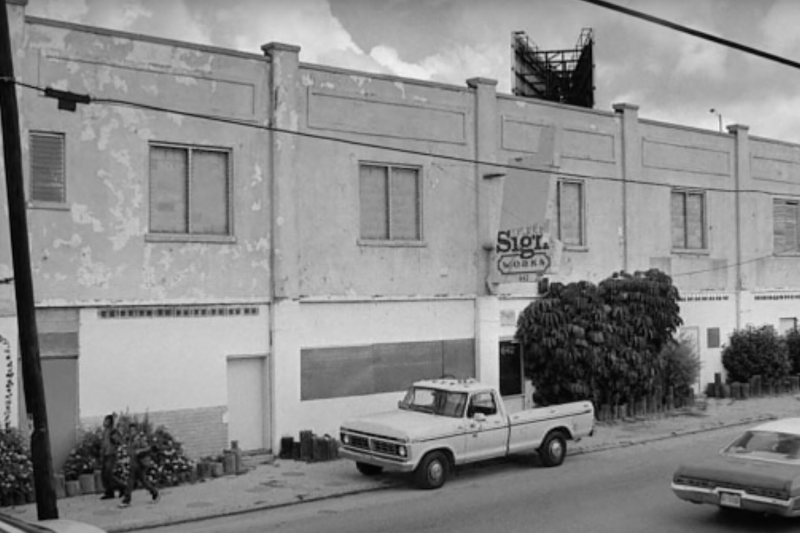

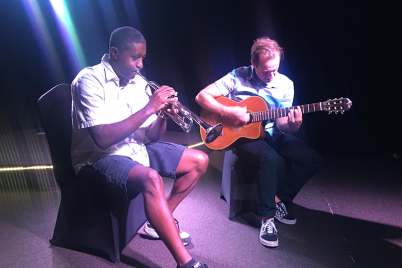
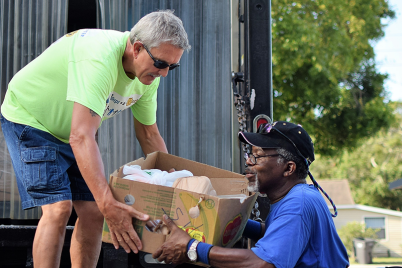
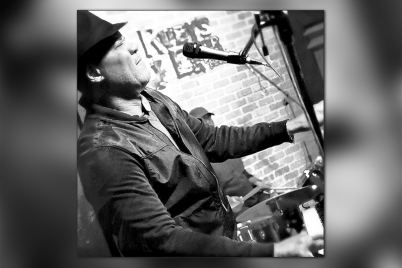




It was a bad business deal. The owner was in debt when the ‘Collective’ took over. The rent was too high. Mayor Kriseman apparently did not care when he allowed this deal. How is the Carter Woodson financed? How much is the rent? How is the Mahaffey financed? How much is the rent> These folk did not stand a chance with the high rent and the place needed another equipment overhaul, (AC Unit especially).
This saddens me as a resident, business owner, and product of this community.
I’m so disappointed with the city of St.Pete. How much common sense does it take to keep the Manhattan open. Rent it for a dollar for 20 years. Allow the community to rent the venue for events. Offer seminars to help people buy homes to investing in the stock markets. Have small festivals once a month across the street until they build affordable housing in the empty lot and elsewhere on the Deuces. If they are building luxury apartments all over the city why can’t we have affordable housing in our communities.